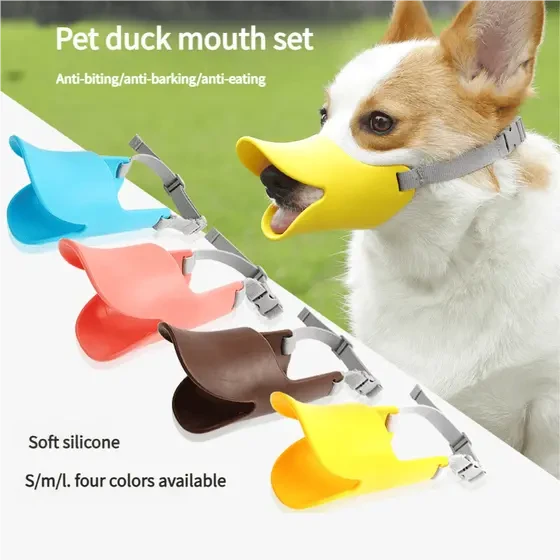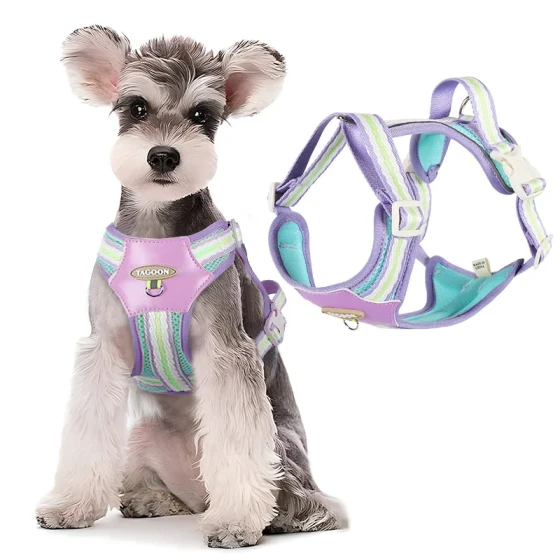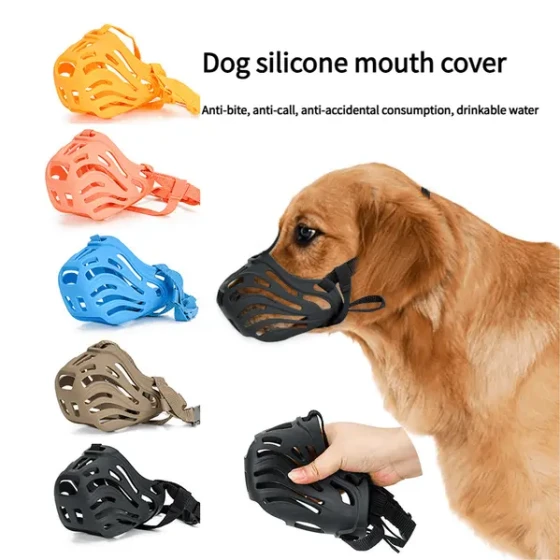Common Bad Habits of Pet Dogs and Correction Methods

The formation of bad habits is not only due to innate behavioral tendencies, but also the way they are raised can significantly affect dogs. Therefore, owners must use correct and scientific methods during the raising process to take care of their pet dogs. To improve common bad habits of Huskies, owners need to start by understanding the dog's nature and correcting improper raising habits.
1. Biting Things Randomly
This problem is not only common in Huskies but many other dogs as well. First, we need to determine the cause. If a Husky puppy close to three months old shows this behavior, it may not be caused by bad habits. Instead, the dog is likely in the teething phase. To relieve discomfort, dogs will chew on objects. For such Huskies, providing a teething stick usually solves the problem well.
2. Eliminating Anywhere
If you don't notice immediately, just clean it up promptly without scolding. Usually, learn to recognize the dog's elimination signals. When you see the dog about to eliminate, take it to the designated spot, then offer food and encourage it to relieve itself. If the dog succeeds, give rewards to affirm correct behavior. Repeat training a few times.
3. Picky Eating
Try several suitable dog food samples first, then choose nutritious options that the dog also likes, before buying in bulk. Alternatively, add some seasonings to the dog food initially and gradually reduce the amount until feeding pure dog food. This process should not be too long to avoid Husky becoming dependent on seasonings.
Dogs have a defense weapon — their teeth. All dogs can bite people. If your dog gets very scared, is in pain, or feels threatened, it may bite. This does not mean the dog is bad; it is just an instinctive reaction. If owners teach dogs to control their bite strength, this training will affect other behaviors as well.



